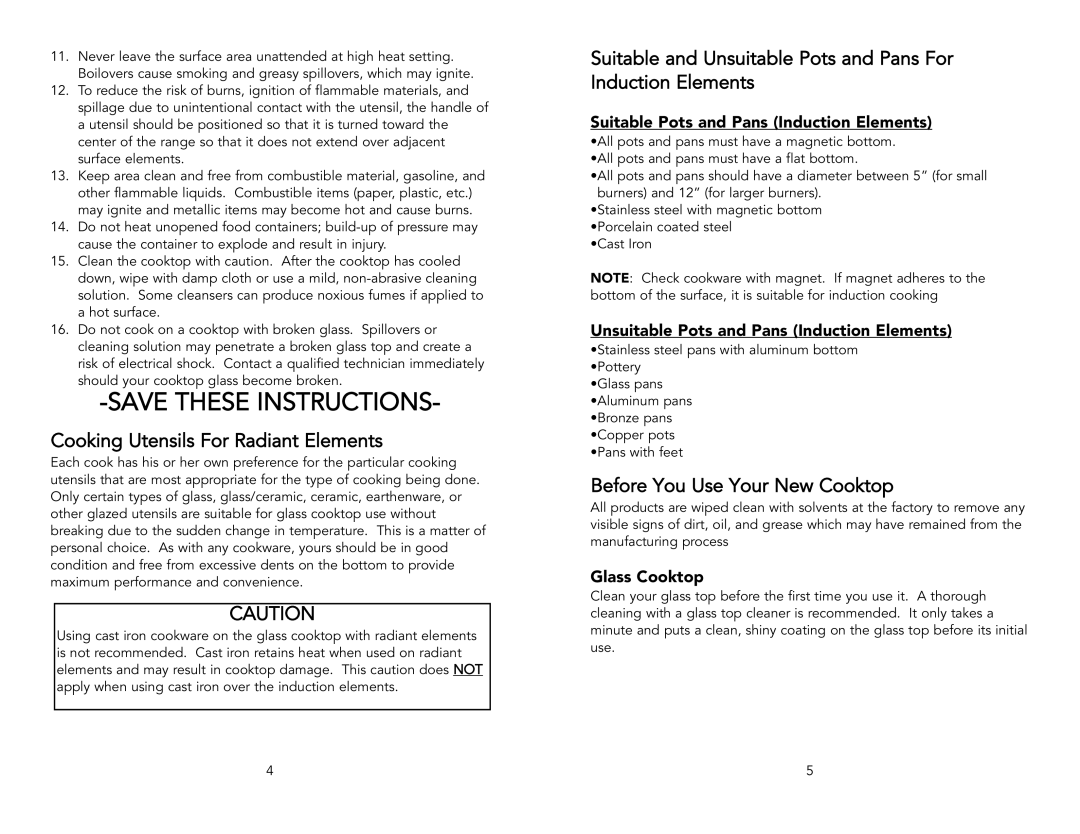F20111B specifications
The Viking F20111B is a noteworthy entry in the world of smart home technology, designed to cater to modern convenience without compromising on security. This innovative product is particularly notable for its blending of advanced features and user-friendly operation, making it an enticing option for individuals seeking intelligent solutions for their homes.One of the standout characteristics of the Viking F20111B is its robust security capabilities. It employs state-of-the-art encryption protocols to ensure that all user data remains secure. The built-in security features include motion detection sensors and a high-definition camera that provides crystal-clear video quality, allowing users to monitor their homes in real-time. Night vision technology is also integrated, enabling effective monitoring even in low-light conditions.
The design of the Viking F20111B follows the modern aesthetic trends, featuring a sleek and stylish exterior that can seamlessly blend into any home decor. Compact and easy to install, it requires minimal setup and can be conveniently mounted on any wall or placed on surfaces without hassle.
In terms of connectivity, the Viking F20111B supports multiple smart home protocols, including Wi-Fi and Bluetooth, ensuring compatibility with a broad range of devices. This feature enables users to integrate the system into their existing smart home ecosystem, promoting ease of use and accessibility.
The Viking F20111B also includes a mobile application that allows users to control and monitor their home security from anywhere. The app provides real-time alerts, enabling immediate action in case of any security breaches or unusual activities detected by the system.
Furthermore, the Viking F20111B is designed with energy efficiency in mind. It incorporates intelligent energy consumption technologies to minimize power usage while maintaining high performance. This aspect not only helps in reducing electricity bills but also aligns with the growing demand for environmentally friendly products.
In conclusion, the Viking F20111B stands out in the smart home market due to its superior security features, stylish design, broad connectivity options, and user-friendly interface. With its combination of cutting-edge technology and efficient performance, it is a valuable investment for anyone looking to enhance the safety and convenience of their living space.

